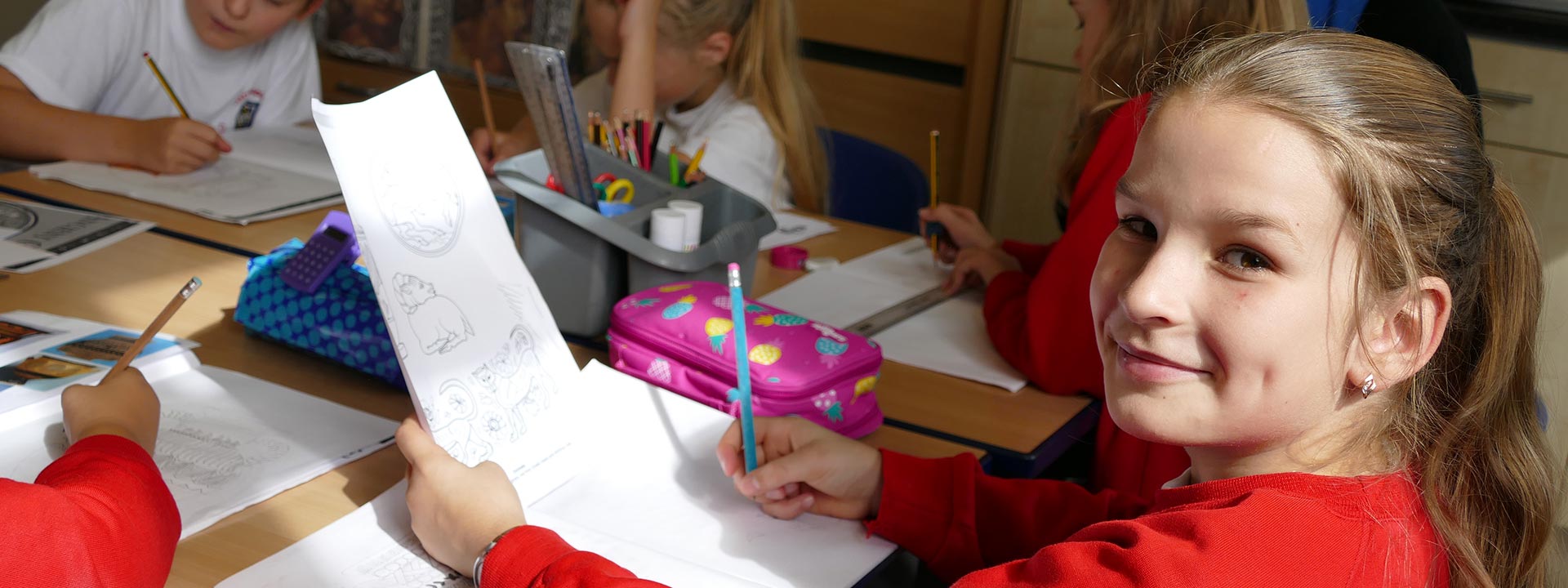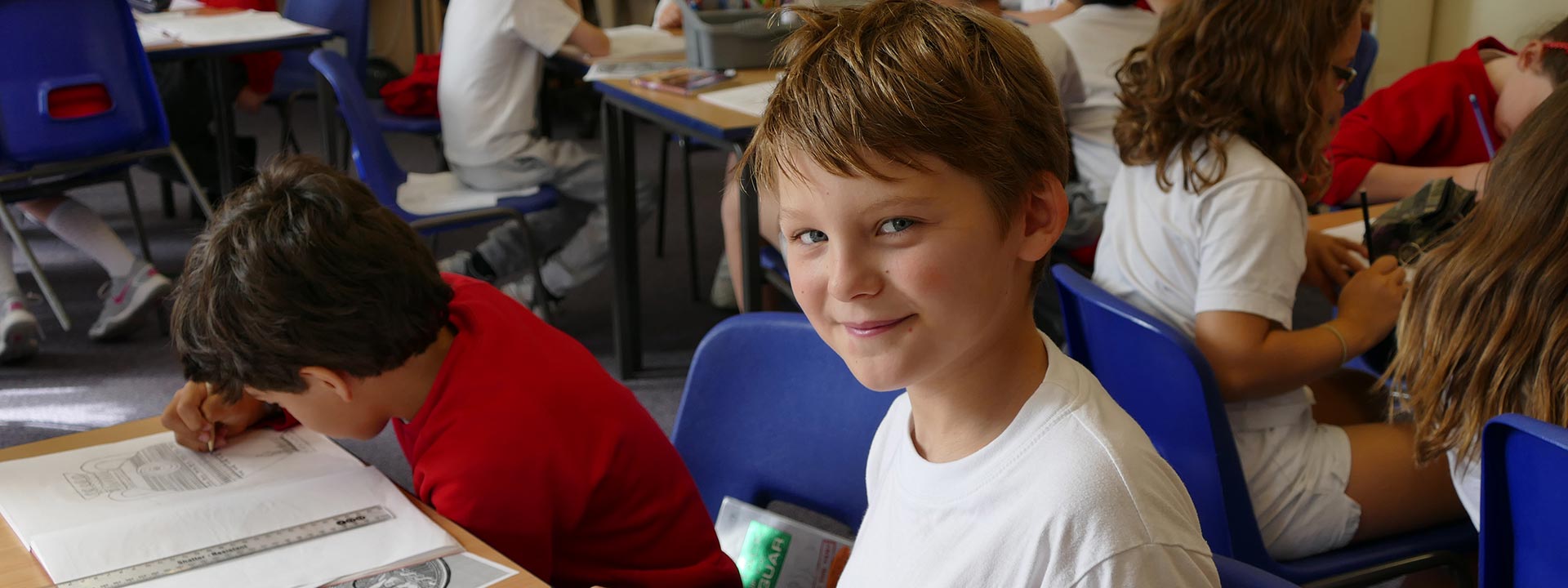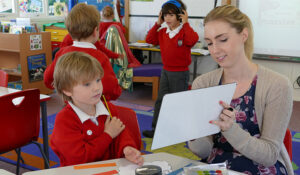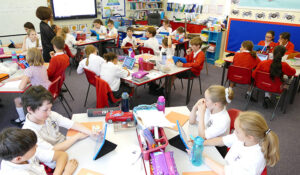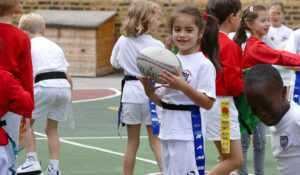A confident command of the English language is crucial to ensuring children achieve the highest levels of success across a broad and balanced curriculum. At St Mary Magdalen’s, we deliver an English Curriculum which inspires our children and fosters a love of reading, writing and performance that will last for a lifetime. Built around varied, high quality literature that is rich in vocabulary, our curriculum supports children from all cultures and socio-economic backgrounds while reflecting pupils’ interests and promoting an appreciation for our Literary heritage. The texts we choose provide relevant, meaningful and creative opportunities for children to read, write, perform and speak publicly; giving them the Cultural Capital they need to participate fully in society and equipping them with skills that allow them to think critically and creatively.
The English curriculum includes:
The rigorous, clear and sequential teaching of phonics alongside comprehension skills from Early Years, to develop fluency and understanding.
Exposure to high quality Classic and Modern texts including Poetry and Non-Fiction which encourage exploration of ideas such as character, language, genre, audience and purpose in a variety of contexts.
The study of texts which allow children to develop an understanding of the world around them and encourage their emotional, cultural and social development.
A strong emphasis on cultivating reading and oracy skills as well as writing through the use of whole class guided reading, readers’ theatre and recital.
Tasks that encourage creative responses to texts through art, debate and performance.
The promotion of reading and writing for pleasure through visits to the school library, free writing Fridays, competitions and listening to texts being read aloud.
Opportunities to plan, edit and evaluate writing so that children see it as a creative process which is ever evolving.
The teaching of spelling, punctuation and grammar skills in context and a strong focus on the acquisition of high-level vocabulary.
The use of model texts, shared and guided writing as scaffolds to support children with crafting high quality Narrative, Non-Fiction and Poetry.
Visits to theatres and local literary festivals where children listen to well- known authors and illustrators speak about their craft.
Opportunities to create purposeful texts that are published for real audiences in both English lessons and the wider curriculum.
A clear progression of knowledge and skills across year groups which allows children to build upon and review prior learning.
